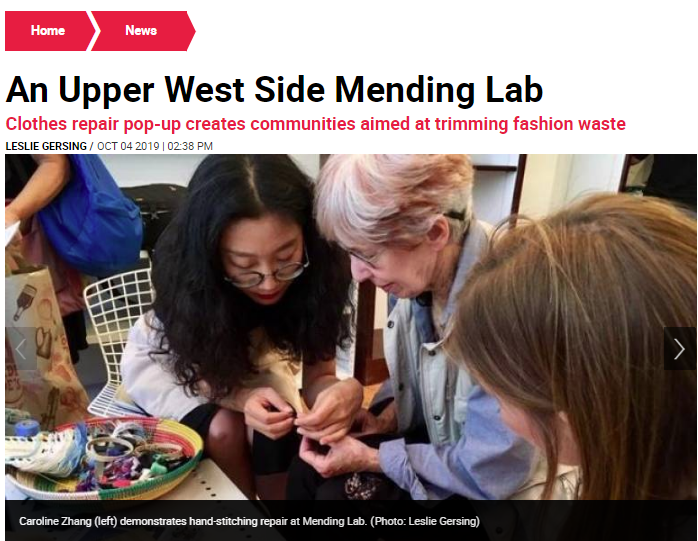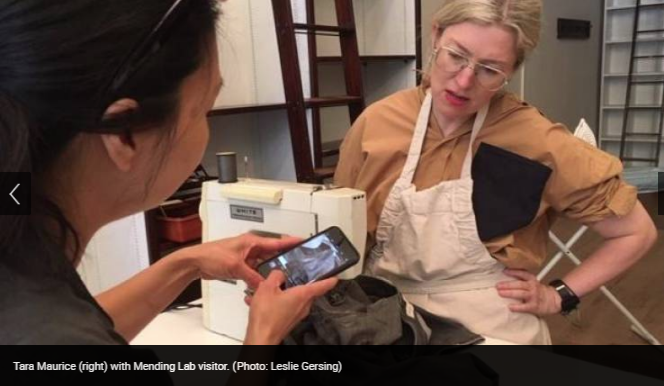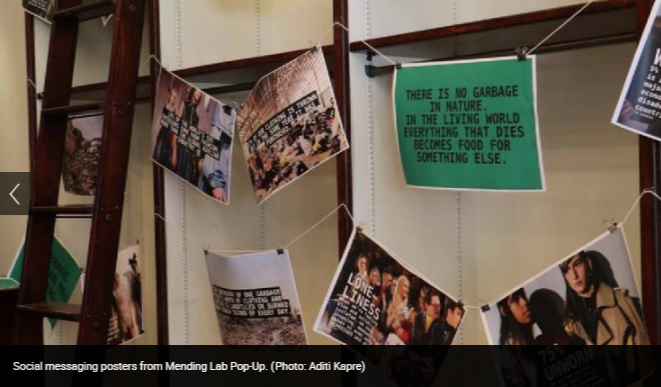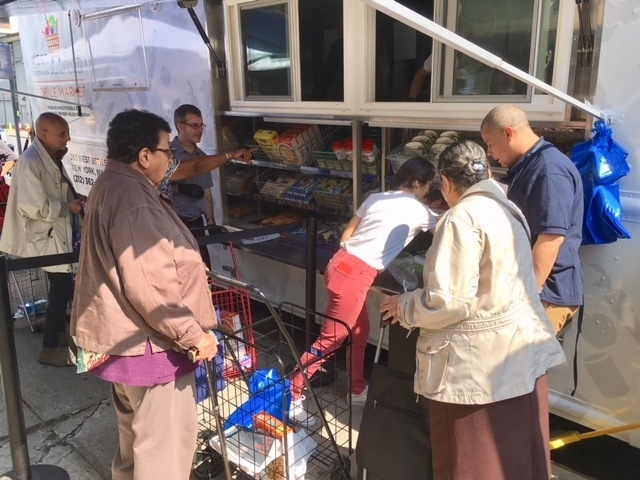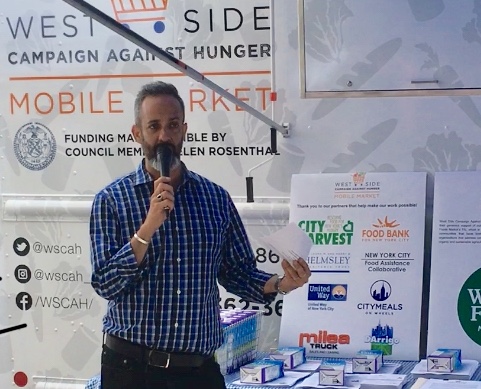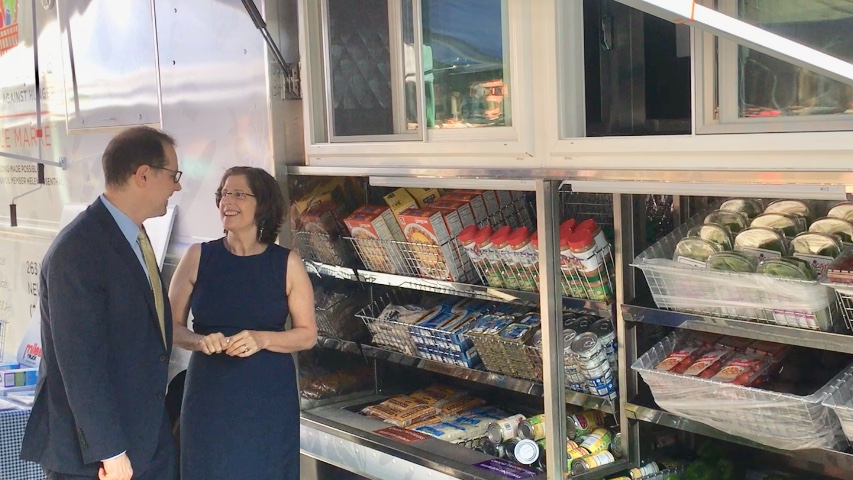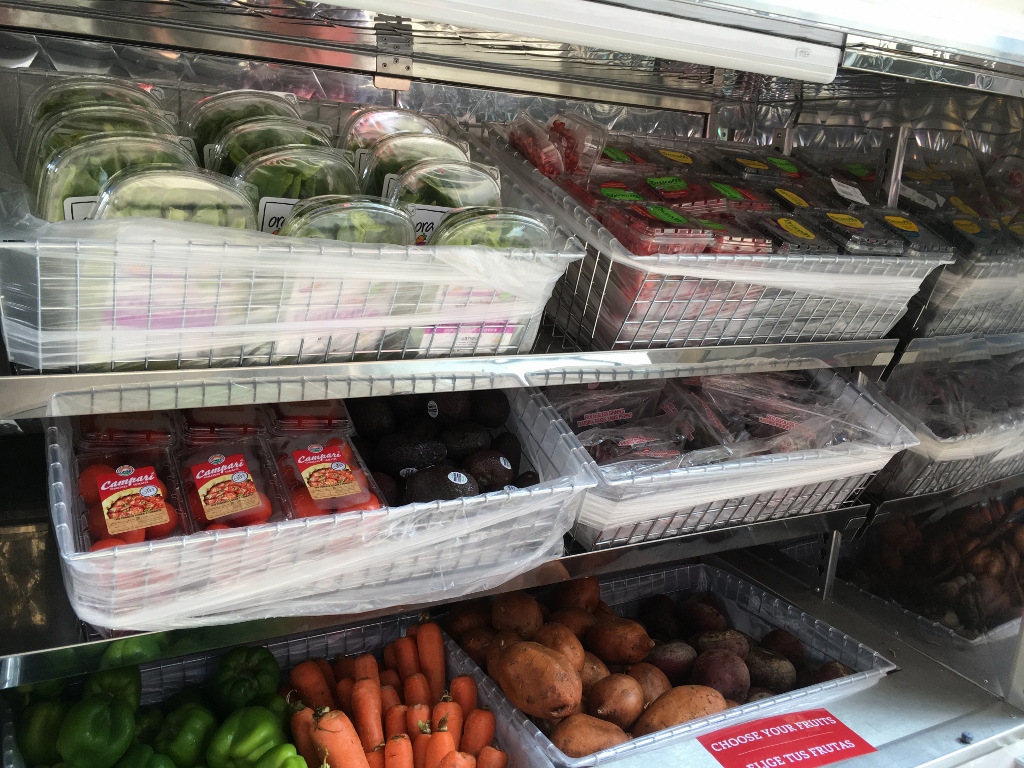April 22, 2020


AUTHOR Leslie Gersing
Amid the Covid-19 pandemic, WageWorks and the MTA are refusing to provide refunds for transit passes of New York City workers who have been ordered to stay home. WageWorks’ Transitchek program enables commuters to use pre-tax dollars of up to $270 a month to pay for subway, bus, train, ferry, car or eligible vanpools, while also reducing payroll taxes paid by their employers.
On March 18, Governor Cuomo ordered the closing of all non-essential businesses, from March 22 until April 15.
The next day, WageWorks sent emails to some of its customers’ benefits administrators, entitled “Update on COVID-19 and your commuter benefit – no action needed.” In three separate bullets it said,
The fulfillment for your upcoming April commuter order will go forward as usual.
Regular established pass return and refund policies remain in effect.
If and when transit and parking providers make changes to their policies in response to COVID-19, we will work with them to extend those to you.
The WageWorks email contained links to summaries of return and refund policies at the MTA and also said, “if you need to make changes to pending elections, please log in to your account by your order deadline.”
However, the MTA’s website says it does not provide refunds for MetroCards “while the transit system continues to operate” and is unable to resolve issues with “pre-tax MetroCards you received through programs like WageWorks.”
“Many workers were essentially forced to go ahead with purchases of MetroCards that they would have canceled if they had a choice,” said Gabrielle Prisco, a WageWorks participant and employee of a New York City-based non-profit. She was particularly riled by WageWorks’ internal policy requiring participants to make changes to their benefits by the 10th of each month. “If the deadline had been extended, rather than paying for a MetroCard they won’t use, some workers would have used that money for actual emergency needs—such as extra food or medicine, or compensating for a family member’s lost income.”
WageWorks sent Debbie Spero’s company a similar email, on the evening Cuomo ordered the “pause.” That version included a bullet that said, “Please note there are no credit or refund options for the Premium TransitChek MetroCard product.” And it said employees had until March 31 to log onto their accounts to make changes to their pending May benefits.
“I called Transitchek on April 9th to see if I could cancel my May (PMC benefit) and they said I could not suspend May on April 9,” said Spero, a new business development manager for a metro area IT staffing firm. That’s when she found out WageWorks required employees at her firm to make changes by the eighth of each month. After several days of calls, Spero says, a WageWorks supervisor told her, “the only thing I could do now was to suspend my June Metrocard and told me I had until the end of April to do so.”
On April 16, Cuomo extended the closure of non-essential businesses to May 15.
It is unclear how many TransitChek participants there are. Sponsors of a 2016 New York City law requiring non-governmental businesses with more than 20 full-time workers to offer the benefit, estimated it would increase TransitChek membership to 1.45 million riders from 1 million.
WageWorks administers consumer-directed benefits and charges companies a fee for every participant in a company’s pre-tax commuter benefits plan, as well as other monthly expenses. WageWorks is a subsidiary of publicly traded HealthEquity.
WageWorks declined to say how many workers receive its commuter benefits in New York or the how many of those may be affected by the governor’s shutdown.
”We have and continue to support transit agency policies like the MTA, NJ Transit and others, related to returning passes. We’re constantly exploring options to ease the burden on people who are unable to use their passes and will continue to support the decisions transit agencies make regarding the return of their passes,” said Maureen Locus, WageWorks’ senior manager of corporate communications in a statement.
“We communicated to all our members regarding future elections and encourage them to determine if they may have a transit need. Members may continue to adjust their account as appropriate, given their commute needs,” said Locus.
Demands for refunds and cancellation of payroll deductions linked to Covid-19 come as the MTA faces huge deficits, and a 60 percent decline in subway ridership and up to 90 percent on commuter railways.
“MTA is in dire straits with money and has asked for another $3.9B from federal government,” said MTA spokesperson Meredith Daniels, in a statement.
“The MTA continues to run essential service for essential employees and those are the people who are, and should be, commuting to their jobs. Companies who have been providing commuter benefits through payroll deductions, and have changed to a telecommuting policy, have a responsibility to notify employees about how to manage their accounts to accommodate their commuting status,” she added.
Daniels says the MTA sells 3 million MetroCards annually to WageWorks for use on MTA subways and buses. It sells 75 million MetroCards overall.
In a statement provided to City Limits on Wednesday afternoon, the MTA said: “It is WageWorks’ responsibility to notify their customers who have changed to a telecommuting policy that they need to adjust their payroll deductions so their employees have enough notice to appropriately manage their accounts during this time. No one anticipated how this pandemic would affect working people and WageWorks, as the benefit provider, has an obligation to accommodate their customers as the MTA focuses on the important job of providing essential service for essential employees.”
“Now is not the time to point fingers and deflect responsibility on who must refund riders,” said Council Member Ydanis Rodriguez, Chair of the Council’s Transportation Committee in a statement. “New Yorkers are going through an incredibly challenging time and we must work together to get them the help they need,” “Our priority is to support and help all workers currently impacted by COVID,” Rodriguez added.
“The bottom line is that this decision risks public safety and is an economic injustice,” says Prisco.
Some transit agencies that partner with WageWorks are taking steps to mitigate the impact of the Covid-19 pandemic on their commuting workers, including those in San Francisco and Philadelphia.

